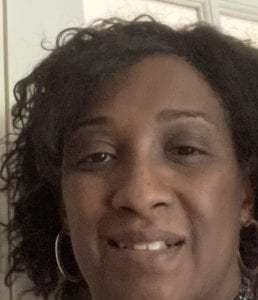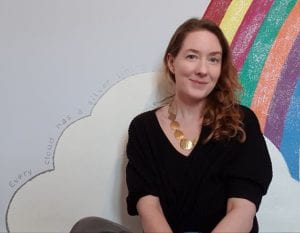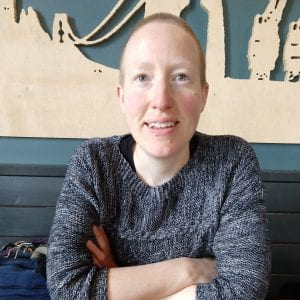 by Tracy Ohis, Bristol Futures Advocate
by Tracy Ohis, Bristol Futures Advocate
I know we do not know each other very well but I have a personal question to ask… How well have you been sleeping lately?
This blog aims to help you consider the importance of sleeping as you approach the final hurdle of summer term examinations. Previously, some friends seem to hold a badge of honour for “pulling an all-nighter” of studying, encouraged by the wings of a famous drink or two that is highly caffeine loaded, enough to probably sink the titanic all over again. Yet there are many other reasons why people are not getting enough ZZ’s at night as COVID19 and somewhat beyond has taxed our general mental capacity. Even though we may have enjoyed the novelty of taking Zoom meetings with lecturers in PJs (not guilty!), this may have led to a complacent attitude when compared to the academic vibe surroundings of the university’s esteemed walls.
Lack of sleep vs Memory recall
As we continue to navigate the discovery channel of new information, our memory may find it problematic to retain at least half a day’s worth of study material before a test with a limited supply of sleep. The medical advice states to aim for 7-8 hours of sleep and I must admit this was a struggle at times even before starting my academic journey. The physical long-distance study amongst other things triggered a spiral that I needed to address and with some help from the university Wellbeing department and smarter planning of my time, I was able to develop a solution that has been useful most of the time to suit my needs. I hastily add that any plans you create will be unique to fit into your lifestyle and adjusted with some measure of flexibility. Ideally, accounting for unfortunate circumstances beyond our control forbiddingly other lockdowns per se ‘throws a spanner in the works’. If you would like to know more on how you can incorporate planning into your routine, you could meet with a tutor from Study Skills to discuss and even attend a workshop.
The experts say
Scientifically, a view taken that academic performance based on the early to rise approach resulted in higher achievers as opposed to the total hours of sleep and other factors (Eliasson 2010). Whilst another investigation of 61 undergraduates were focused on those from 2nd year and onwards, used a diary and mathematical science to conclude that irregular sleep patterns affected academic performance negatively (Phillips 2017). Indeed, a further point is that lack of sleep if left long term could potentially develop into insomnia and other health issues, so seeking help from your GP or nurse is a thought worth some consideration. A takeaway message is to remember you are not alone and it is good to have this conversation even with a friend, you might find that there are likeminded colleagues who will be keen to develop a community to support each other as mentors as suggested by this article (Cort-Blackson 2018).
Getting back on track
In identifying a problem exists and deciding that you want to make those baby steps towards changing behaviour is indeed a feat to be encouraged. Take time to view some YouTube videos or Google on how to improve your sleep could be a good investment of your academic performance. Some suggestions that could be helpful:
- Turning your phone or other electronics off 2 hours before bed.
- Making your bedroom space clutter free.
- Doing some form of exercise (aerobic or yoga) during the day.
Which one of these will you try? Do let us know. All the best in your exams and I hope this blog has been useful to you.




